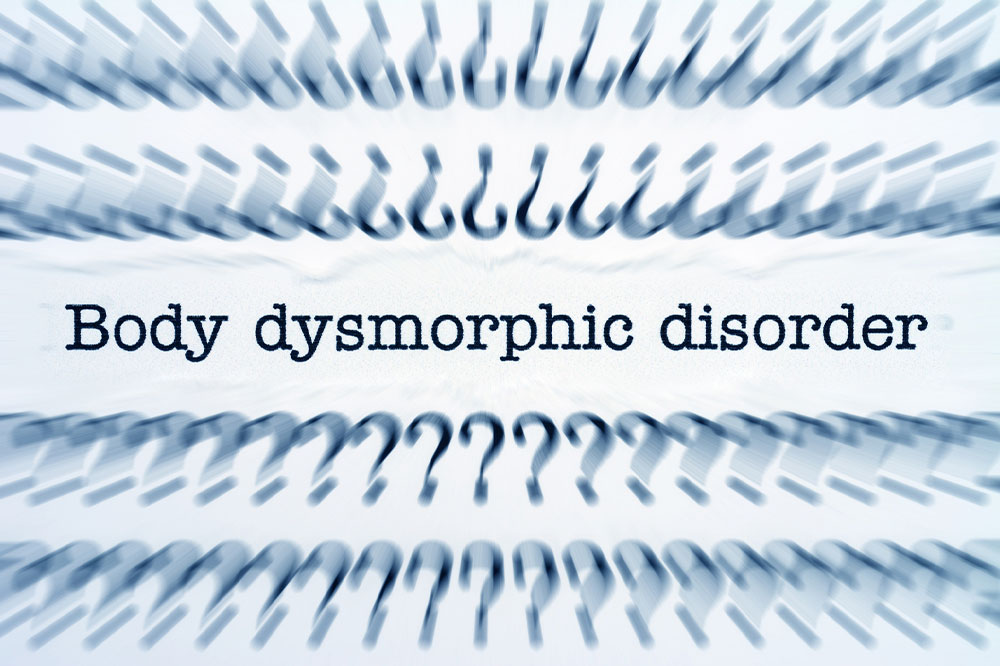
Causes, symptoms, and management tips for body dysmorphic disorder
Body dysmorphic disorder is a mental health condition in which the person focuses on one or more perceived flaws or defects in their appearance. In severe situations, they may even avoid social situations and get anxious, embarrassed and ashamed about these flaws. In this condition, there is an intense focus on one’s appearance and body image. Here is everything you need to know about body dysmorphic disorder, it causes, symptoms and management options.
Causes
The cause for this condition still remains unknown. Like many other mental health conditions, this issue can develop due to a combination of factors, including a family history of the disorder and negative evaluations or experiences regarding the body or self-image. Abnormal brain function or abnormal levels of serotonin could also be one of the causes of body dysmorphia.
Symptoms
Some of the signs and symptoms of the disease include:
Being extremely preoccupied with a minor perceived flaw that is not even visible to others.
A strong belief that there is a defect in their appearance that makes them look and feel ugly.
Believing that others look at their appearance negatively and mock these flaws.
Attempting to hide these flaws by wearing make up, styling clothes in a particular way, and similar steps.
Having perfectionist tendencies.
Frequently seeking cosmetic procedures for these flaws but still feeling little satisfaction.
Seeking reassurance from others about their appearance.
Engaging in actions or behaviors like looking at the mirror often, fixing hair constantly, skin picking, and grooming consistently.
Some of the body parts which people tend to obsess over include the nose, complexion, wrinkles, acne, blemishes, hair thinning and baldness, breast size, genitalia, muscle size and tone, skin and vein appearance. This condition usually does not get better on its own and can get worse with time. It can lead to anxiety, depression, and even suicidal thoughts.
If one is experiencing thoughts regarding self-harm, it is imperative to seek help via a hotline, get in touch with family, friends, or any trusted support system, or reach out to a mental health professional.
Test
There are several tests that the health professional may recommend for individuals with this condition. When other health issues are ruled out, the physician may refer the person to a mental health professional. A psychological evaluation will assess the risk factors, thoughts and feelings, and behaviors related to a negative self-image. The doctor will also ask for any signs and symptoms that were observed and any personal, social, or family history related to the disease.
Treatment
The treatment for this condition needs a holistic approach, which includes the help of a psychiatrist and a psychologist using cognitive behavioral therapy.
In this therapy, the expert focuses on helping one understand how these negative thoughts, feelings, and patterns can create issues over time.
This type of therapy also focuses on a more flexible way of thinking.
It teaches one of alternate ways to help manage the urge to constantly check the mirror, seek reassurance, and also go for any excess cosmetic procedures.
This therapy also aims at focusing on addressing the social anxiety which arises from the feeling of imperfection and finding flaws.
It is important that the doctor and those close to the person be involved in the healing and treatment process to ensure the issues are addressed fully and the affected individual gets the help they require.




